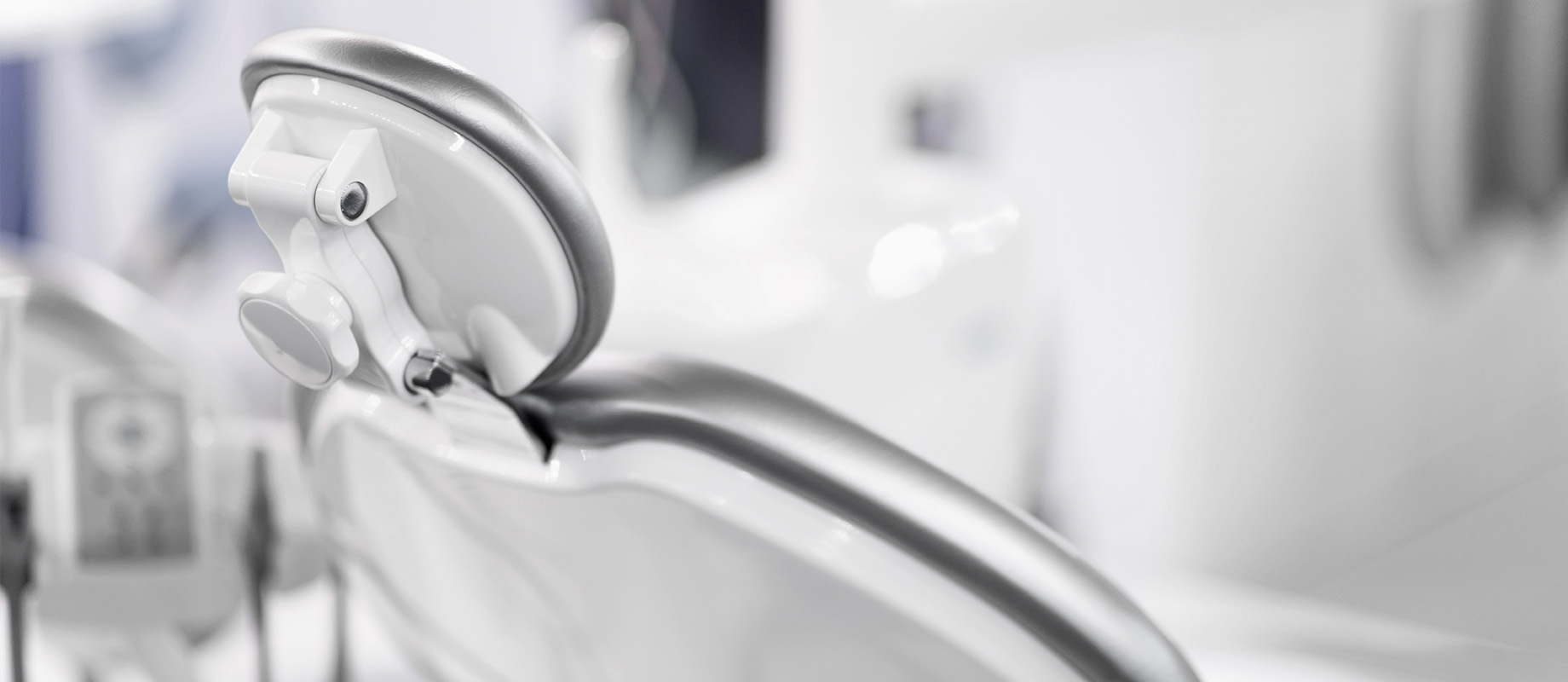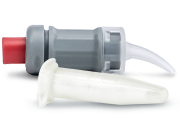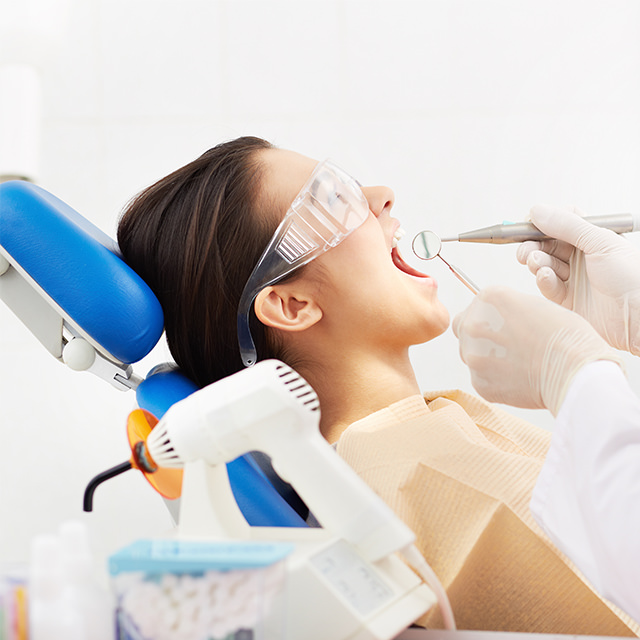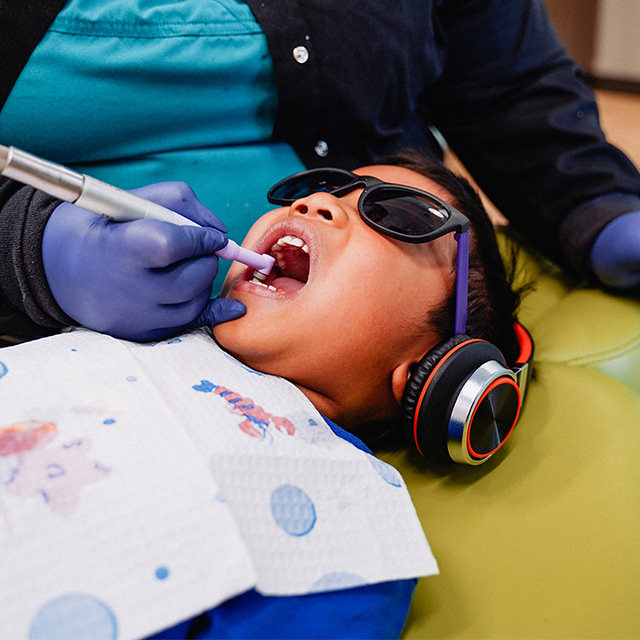
On March 16th, 2020 the American Dental Association recommended that dentists stop providing elective care. This is due to the safety of the general public around concerns of the spread of COVID-19, also commonly referred to as the coronavirus. The American Academy of Pediatric Dentistry reaffirmed support for the ADA recommendation on March 17th, 2020. If your dental office is closing there are many factors that one must consider.
Information in this post is current as of March 18th, 2020. Please consult the Centers for Disease Control for the most up to date information regarding the coronavirus (COVID-19).
Listen to the full podcast now: COVID-19 and Closing Your Practice
Emergency Patients
While the American Dental Association has recommended postponing elective care dental emergencies will continue to happen for kids. Common dental emergencies such as trauma, pain, swelling, or infection are usually more effectively treated in a dental office rather than an emergency room. It is best to have a policy to screen patients before they come into the office on the type of emergency (to verify it is a true dental emergency), and their risk factors for spreading the coronavirus. The Ohio Dental Board has some useful recommendations:
Additional Precautions
- Triage Emergencies with cell phone pictures
- Screen patients for illness and travel
- Take temperatures prior to allowing patients in the office
- Limit treatment on higher risk patients (ASA 2, 3) unless a true emergency
- Consider a 1-2% Hydrogen peroxide rinse prior to exam and treatment
- Use rubber dam isolation and HVE for treatment
- Consider disinfecting operatories and treatment rooms twice
Unsure as to what constitutes as a Dental emergency procedure? Read the official ADA resource here: https://success.ada.org/en/practice-management/patients/infectious-diseases-2019-novel-coronavirus
Waiting Room Prevention
- Have new emergency patients fill out the paperwork online if possible
- Have certain times available for emergencies and stagger visits to avoid crowding
- Do not allow unnecessary caregivers or siblings to come into the office
- Consider keeping parents out of the treatment rooms to limit their exposure to aerosol.
- Remove high traffic items such as toys and magazines
Check out the formal announcement from the Ohio Dental Board COVID-19 Advisory.
Treatment Planning
Treating emergencies can be difficult for children. Likely the use of sedation will be limited due to the availability of appointment times. For children that present with symptoms of acute pain (irreversible pulpitis) or an acute apical abscess, it is best to discuss all treatment and behavior management options. Given the limited access to care at this time, it is the opinion of the author that dentists should consider definitive care. Consideration should be given to advanced behavior management techniques when medically necessary.
Rescheduling Appointments
Dr. Gina Dorfman of YAPI recently gave some advice on rescheduling appointments during the period when the dental office is closing. Dr. Gina recommended that patients be rescheduled to for a later date when the office anticipates opening and if further delays occur the appointment can be moved again. She also recommends utilizing the practice management software to prevent reminders from going to those with upcoming appointments that cannot be contacted to reschedule (this can be done in some software by changing the provider). Implementing these measures will allow reminders to continue to patients that are due for recall appointments after the anticipated date the office will reopen. Turning off reminders completely could have a huge impact on the future production of the practice.
Employment Implications
The dental office closing can have an impact on the office’s employees. The legislation is still moving through Congress which may impact an employee and employer’s decision. It is recommended that dentists consult with their CPA and HR companies for proper guidance. To hear about options for managing staffing during the coronavirus outbreak listen to Episode 01 with Human Resources expert Paul Edwards from CEDR Solutions.
Business Implications
As a small business owner, this time can be stressful financially. Without patients coming in, the dental office closing will certainly have an impact on cash flow. Contacting the bank to open a line of credit could provide the business cash for bills and wages during the interim when production is taking a hit. If the practice as a loan the bank can also provide advice on any accommodations that are offered during this time such as a reduction in payment, deferred payment for a number of days, or interest-only payments.
During this time, it is best to start tracking your losses through your practice management and accounting software. This could be useful information if the federal government passes legislation to allow small business owners to take a tax credit.
Staff should also prepare the office’s dental equipment for the closure to ensure patient care can continue without interruption immediately once the office is allowed to schedule routine care.
Office Maintenance
Henry Schein recently provided considerations via email to local dental offices that are considering closing. Here is their Temporary Closure Checklist for Dental Equipment:
- Purge and Drain all water lines in each operatory – empty the water bottles on the units and reattach them to activate pressure. Run all lines until no more water is present and lines are completely empty. Remove bottles once complete.
- Vacuum-suction – clean all vacuum lines. If you have a wet ring vac., make sure water is turned off. If you have a Midmark Powervac additional maintenance should be done to ensure proper function once restarted. (Please contact your Henry Schein rep. for guidance)
- Air Compressors: refer to the manual for the make and model. You can find this quickly with an online search or calling the manufacturer technical support lines
- Perform Monthly Maintenance on your sterilizers. Refer to M11/M9 manual for this.
- Empty the Statim Condensation bottles and any other water containers
- Refer to the manufacturer if you have a Vista Pure Water System
- Hydrim: “Run a prepare unit for shipping” cycle to purge the lines and ensure all water is drained from the unit. Instructions can be found in the owner’s manual.
- Make sure all sterilization is done and put away.
- Empty Ultrasonic cleaner and all cold sterile containers
- If by chance you still use a film processer, clean and leave to air dry. Properly dispose of all chemicals.
- Change all chairside traps and/or any other necessary traps. Your amalgam trap should be ok.
- Wipe down all chairs, equipment, counters and cupboards with hot soapy water to remove residue and build up from wipes and disinfectant sprays.
- Stop by your office every couple of days to be sure that things are okay, water lines are safe and no electrical issues. Consider turning off the water to your office in case of leaking and/or issues.
- Make sure everything is turned off! Check with your IT company about Pano, computers, printers, etc. Check all power bars and outlets to be sure everything is cool and ok. Is the water, nitrous (at the tank), O2 all off and secure?
Dr. Vik Tiku
Dr. Vik Tiku grew up in Camarillo, California and attended high school at St. Bonaventure in Ventura. He received his undergraduate degree in Biology at Dartmouth College. While at Dartmouth, he played varsity football as an offensive lineman. After college, Dr. Vik took three months off and biked across the country to raise money and awareness for affordable housing. He then earned his dental degree at the University of the Pacific in San Francisco. Following dental school, he completed a general practice residency treating medically complex patients at USC and then completed his pediatric dental residency at UNLV.





